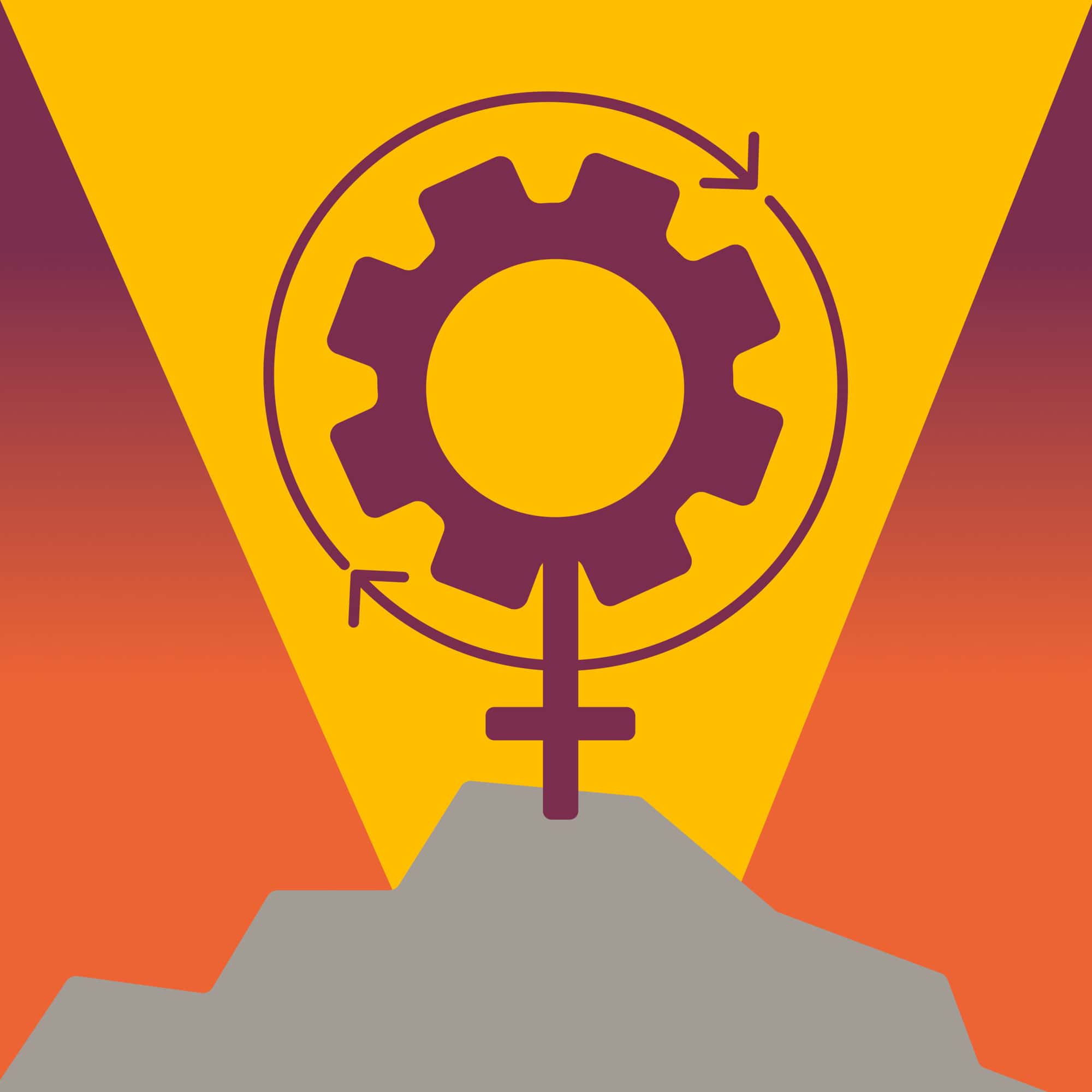
You’d think I would be comfortable being one of the only women in the room by now. In my high school computer science class, I was the only girl in a room of 30 guys, including the teacher. In college, I felt lucky if there were even three of us in a computer science class. I’m currently the only software engineer at Simple Thread who is a woman. Although everyone has been welcoming and there are four other women working here, it can still be intimidating to be the only one out of around 20 software engineers in the company.
The four other women in Simple Thread have roles in design and management. We may have different jobs, but I have a lot in common with each of them. Because there’s a small group of women here, we are closer with one another than we would be if there were more of us. Having a tight-knit group of ladies to work with is like a silver lining to this situation that’s all too common for women in the tech world.
Being largely outnumbered by men. Being the only woman on a team. Being insecure because you’re not sure if you belong.
I’m not going to argue that women in technology have nothing to fear. There’s plenty of evidence that shows bias is common for women in this industry. For example, when the Elephant in the Valley survey asked women in technology to share their stories,
“66% felt excluded from key social/networking opportunities because of gender.”
The reality is, most women will face difficulties in our software engineering careers that our male colleagues don’t have to worry about. But to continue moving forward, fear can’t hold us back from taking up space here.
Imposter Syndrome Feeds on Fear
Something most programmers struggle with is the dreaded imposter syndrome. It’s common to be insecure, compare ourselves to others and feel like we might not be enough. When you’re a minority in the group, it can really intensify this feeling.
I knew this dynamic is what I signed up for when I entered this field, but sometimes it’s really challenging to feel like I belong here. My fear has been my own worst enemy. Fear is both a cause and an effect of imposter syndrome. It can lead us to question ourselves and our abilities and if we’re not careful, we begin falling down the rabbit hole of self doubt.
My imposter syndrome usually attacks me with a series of what-ifs. What if I’m actually not good enough to be here? What if I’m left out of technical conversations because I’m different from the other engineers? What if the men that I work with are too afraid to offend me that they avoid me? What if I’m seen as a kind of novelty instead of a real part of the team? I have trained myself to mentally fight back by asking myself more positive questions. What if I’m underestimating myself? What if it’s not as bad as I think? What if it works out? What if it’s much better than I expected?
There’s no easy way to address imposter syndrome. It’s practically unavoidable as a software engineer because we are always being told to learn something new. The knowledge we currently have is never enough. Although it’s an endless cycle, it is important to remember that we are not alone in these feelings. All of us have felt this way at one point or another, both men and women. Having a supportive team also helps us feel confident and reassures us that we’re a valued member of the group. I consider myself very lucky to work with kind and encouraging people at Simple Thread. Especially since I haven’t always been this fortunate.
The Fear of Exclusion
No one wants to be left out. It’s an awful feeling. I’ve felt excluded at previous jobs and it pushed me to look elsewhere for employment. Outside of work, I’ve also been left out of discussions because, as a woman, the group didn’t expect me to be interested in this or that. It’s really frustrating because I actually did want to join in those discussions, but the assumption had already been made.
It’s been difficult to overcome the fear of exclusion because I’ve experienced it in the past. However, I can’t let my negative past experiences shape my expectations for the future. Then I’d be the one making assumptions. The last thing I want is for fear to stop me from trying to have positive interactions with my peers.
Online communities like Reddit, GitHub and Stack Overflow are crucial support systems for programmers. Discussing our problems and experiences online and connecting with each other keeps us motivated and informed. These types of tools are utilized frequently in tech companies, so it’s important for women to be included and feel welcome on these forums.
For example, we use Slack as a platform for the majority of communicating and socializing at Simple Thread. We have a variety of just-for-fun channels that cover everything from cooking to current events. There’s many topics being discussed daily and everyone is encouraged to join.
Although I had been welcomed with friendly comments and emoji reactions in other channels, I was afraid that I might not have the same experience in the gaming channel. Before I joined this channel, there were no women in it. I was worried that I shouldn’t join because women are notoriously unwelcome in online gaming environments. However, I had just recently started playing Stray and it was the first video game I’ve played in a long time so I was excited to talk about it. I’m so glad that I didn’t let my fear stop me from joining the channel. After posting about trying the game and how much fun it was, several of my coworkers made recommendations based on what I enjoyed. Now I have a list of other cool games to try! The best part was that no one made me feel bad about being a beginner–or a woman.
Finding A Place To Belong
It is so important to have a safe space to connect with each other. One of the main reasons I’ve heard from women who have left a company is that they didn’t feel safe or welcome there. Individually, we can try our hardest to stay optimistic and face our fears, but our success truly depends on our environment and the people in it.
My coworkers at Simple Thread have different personalities and diverse interests, but everyone seems to share a sense of humility and a genuine interest in being respectful to each other. This makes it so much easier to share my thoughts and connect with the group. Although I can personally take action to prevent my fear from holding me back, it takes a team effort for everyone to feel like they belong.
It is so rewarding to be accepted and appreciated by our peers. This really should be the norm. This is what women in software engineering should be anticipating when they start their career, instead of fearing bias and exclusion. I hope that women will feel more included and welcome in tech companies as they continue to place higher value on accessibility, sensitivity and diversity.
Software engineering may not be so male-dominated in the future because more women are becoming interested in this field and there are many new events and outreach programs to involve women in tech. However, the reality is that we only make up 22% of software engineers currently, according to Zippia, and those numbers can be daunting. In order for that number to grow, young girls need role models in tech. They need to see women working as software engineers confidently and successfully. There need to be women who stay in these careers long enough to reach senior positions and be in mentor roles, so that one day, women in tech have nothing more to be afraid of than men do. We belong here too, and fear can’t keep us out.
Loved the article? Hated it? Didn’t even read it?
We’d love to hear from you.




